Temperatures finally cooperating
dbarron
9 years ago
Related Stories
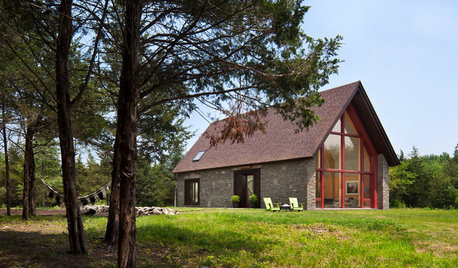
GREEN BUILDINGInsulation Basics: Designing for Temperature Extremes in Any Season
Stay comfy during unpredictable weather — and prevent unexpected bills — by efficiently insulating and shading your home
Full Story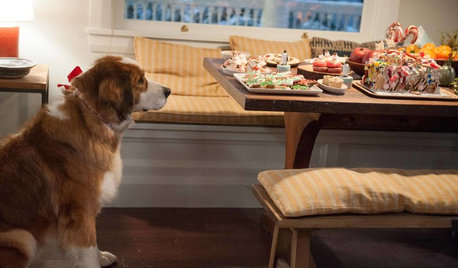
KITCHEN DESIGNChristmas Recipes From ‘Love the Coopers’
Get the recipes for dishes seen in the new movie opening November 13
Full Story0
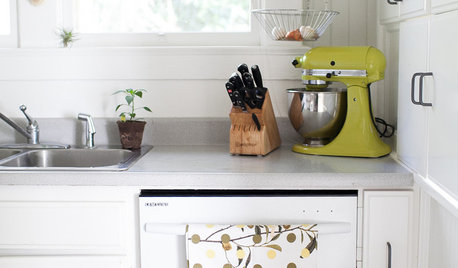
HOUSEKEEPINGDishwasher vs. Hand-Washing Debate Finally Solved — Sort Of
Readers in 8 countries weigh in on whether an appliance saves time, water and sanity or if washing by hand is the only saving grace
Full Story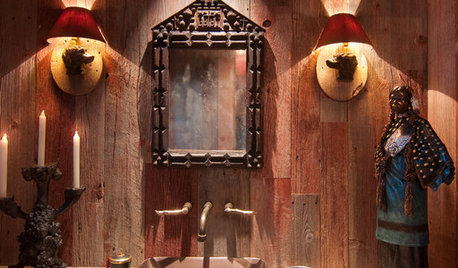
BATHROOM DESIGNYour Bath: Faucet Finale
Complement your Sink with Functional and Chic Hardware
Full Story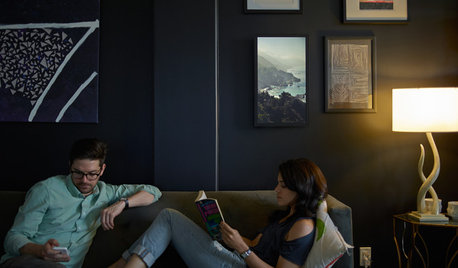
HOME TECHIs the Timing Finally Right for Framed Digital Art?
Several companies are preparing to release digital screens and apps that let you stream artworks and video on your wall
Full Story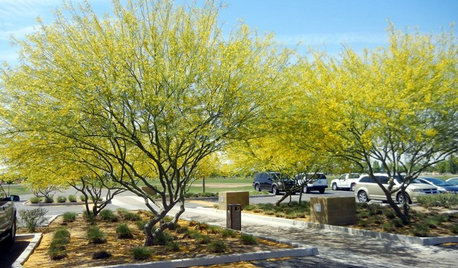
SOUTHWEST GARDENINGSouthwest Gardener's May Checklist
Let May's warm temperatures guide your edible and flowering garden plantings, and don't forget to protect and prune your picks
Full Story
GREAT HOME PROJECTSHow to Add a Radiant Heat System
Enjoy comfy, consistent temperatures and maybe even energy savings with hydronic heating and cooling
Full Story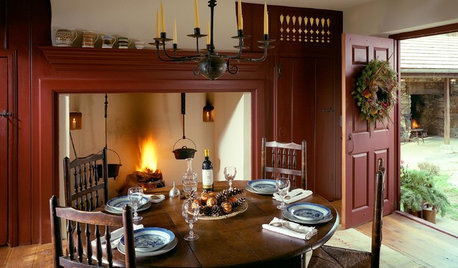
MONTHLY HOME CHECKLISTSTo-Dos: Your November Home Checklist
Give your home a festive holiday air without running out of steam, and stay safe and snug as temperatures drop
Full Story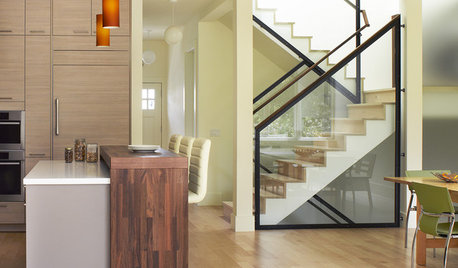
FLOORSIs Radiant Heating or Cooling Right for You?
Questions to ask before you go for one of these temperature systems in your floors or walls (yes, walls)
Full Story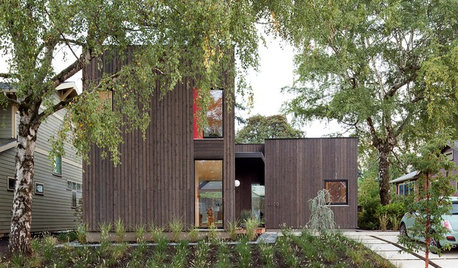
GREEN BUILDINGHouzz Tour: Passive House Principles, Active Benefits in Portland
Lower energy bills and consistent temperatures are just two of the advantages of this architect’s newly built home
Full Story





southerngardening24
TexasRanger10
Related Professionals
Tomball Landscape Architects & Landscape Designers · Brooklyn Center Landscape Architects & Landscape Designers · Bergenfield Landscape Contractors · Canyon Lake Landscape Contractors · Columbine Landscape Contractors · Cupertino Landscape Contractors · Galveston Landscape Contractors · Mashpee Landscape Contractors · Middletown Landscape Contractors · Norristown Landscape Contractors · Pueblo West Landscape Contractors · South Portland Landscape Contractors · Woodburn Landscape Contractors · Golden Valley Landscape Contractors · Selma Landscape ContractorsdbarronOriginal Author
heavenlyfarm
TexasRanger10